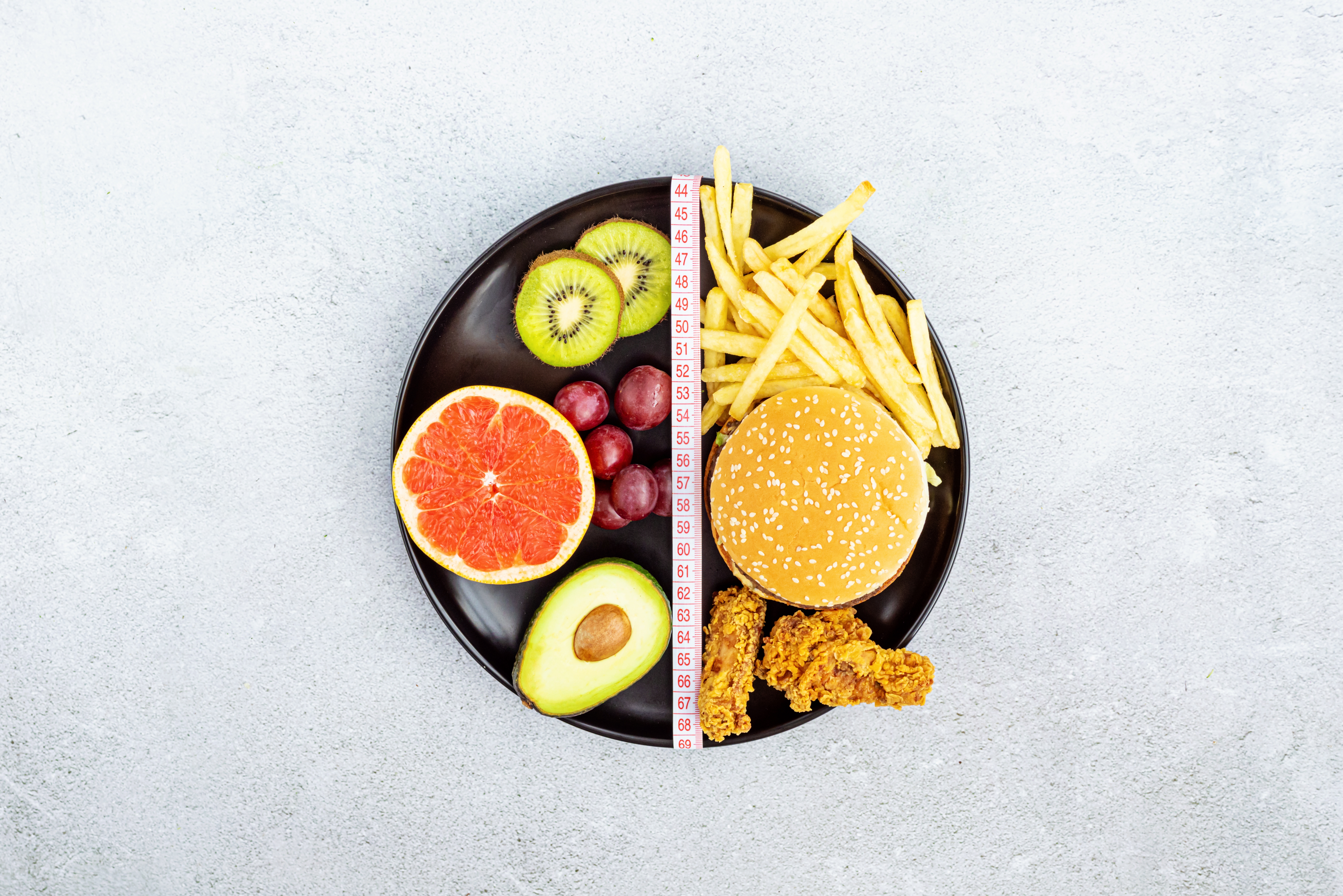10 Surprising Causes of Face Weight Gain You Didn’t See Coming
3. Hormonal Havoc – The Hidden Culprit

Hormones are powerful regulators of body processes, and their imbalance can lead to unexpected changes in appearance, including facial weight gain. Conditions such as hypothyroidism, polycystic ovary syndrome (PCOS), and Cushing's syndrome can lead to facial bloating and weight gain. For example, hypothyroidism, a condition where the thyroid gland is underactive, can slow down metabolism, leading to weight gain that often manifests in the face. PCOS, a condition affecting women's hormone levels, can lead to insulin resistance and weight gain, including in the facial area. Cushing's syndrome, characterized by excessive cortisol production, often leads to a distinctive round face, known as "moon face." Understanding these conditions and their effects on the body can be crucial for individuals experiencing unexplained facial weight gain. Proper diagnosis and treatment can help mitigate these effects and improve overall health.
4. Diet and Its Unexpected Impact

Diet plays a fundamental role in determining overall body weight, and its impact on facial weight is no exception. While many focus on calorie intake, the type of food consumed can be equally important. Diets high in processed foods, sugars, and unhealthy fats can lead to inflammation and weight gain, including in the face. These foods can cause spikes in blood sugar and insulin levels, promoting fat storage rather than fat burning. Moreover, certain food intolerances or allergies can lead to inflammation and bloating, often manifesting in the face. For instance, lactose intolerance or gluten sensitivity can cause digestive issues and bloating, which can be reflected in facial puffiness. By identifying and addressing these dietary issues, individuals can potentially reduce facial weight gain and promote a healthier appearance.
